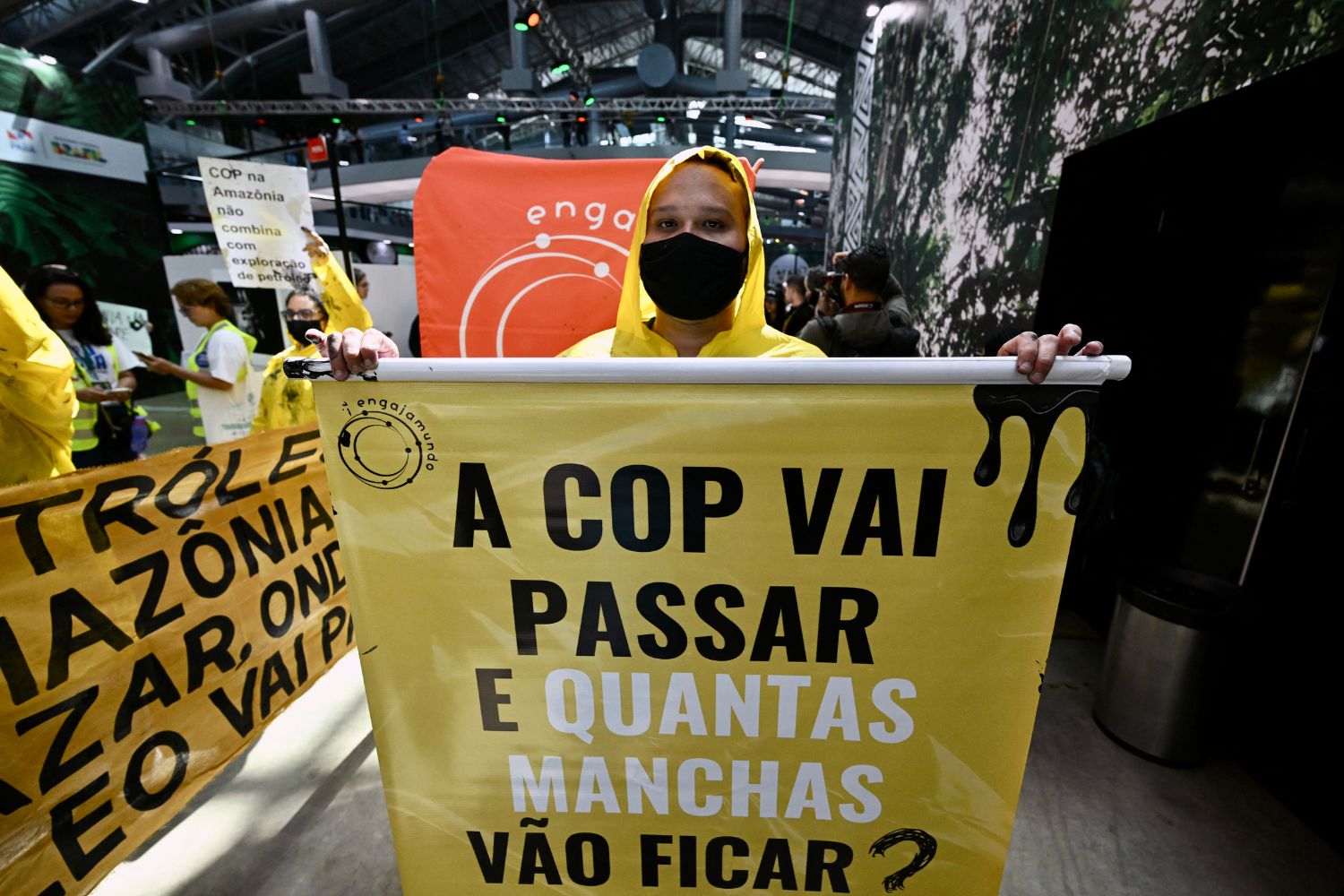Climate change is significantly impacting the global cocoa industry, increasing prices and creating supply challenges for chocolate makers worldwide, including those in Hong Kong. Despite the difficulties, the changing climate may also offer new opportunities for cocoa cultivation in previously unsuitable regions, potentially transforming Hong Kong into a viable location for cocoa growing.
Cocoa is a crucial agricultural commodity, primarily grown in tropical regions close to the equator. The primary cocoa-producing countries include Ivory Coast, Ghana, Indonesia, and Nigeria. The cultivation of cocoa requires a specific climate with high humidity, adequate rainfall, and consistent temperatures, making equatorial regions ideal for its growth.
The history of cocoa in Hong Kong and China is relatively recent compared to its ancient roots in America. Cocoa was introduced to China in the early 20th century, primarily through European colonial influence and trade. The British, who had a significant presence in Hong Kong, played a role in introducing Western chocolate products to the region.
In the early 1900s, chocolate products began to gain popularity among the Chinese elite and expatriate communities. However, cocoa cultivation did not take root in China due to unsuitable climatic conditions. After World War II, the consumption of chocolate and cocoa-based products increased as global trade resumed and Western influence grew. Hong Kong, as a major trading hub, played a crucial role in the distribution of these products.
China’s growing middle class and increasing disposable incomes have led to a surge in demand for chocolate. International chocolate brands have established a strong presence in the Chinese market, and domestic production of chocolate products has also expanded. This has made China one of the fastest-growing markets for chocolate consumption. The Chinese palate has evolved to appreciate a wide variety of chocolate products, from luxury artisanal chocolates to mass-produced confectionery.
While China could not produce cocoa beans domestically on a significant scale due to its climate, it has developed a robust chocolate manufacturing industry. Domestic brands have emerged, catering to local tastes and preferences. Chinese markets present unique opportunities and challenges for the cocoa and chocolate industry. There is a growing interest in premium and high-quality chocolate, driven by increasing health consciousness and a desire for luxury goods.
Recently, cocoa, the key ingredient in chocolate, has seen dramatic price increases due to climate change. According to the United Nations Conference on Trade and Development (UNCTAD), cocoa prices surged by 136% between July 2022 and February 2023. The International Cocoa Organization (ICCO) predicts a global cocoa shortfall of approximately 374,000 tonnes for the 2023-24 season, up from 74,000 tonnes the previous season.
These shortages are largely due to extreme weather events like heat waves and intense downpours damaging cacao trees in West Africa, which produces three-quarters of the world’s cocoa. Chocolate makers, including those in Hong Kong, are grappling with higher production costs and supply chain disruptions. Specific cocoa varieties are becoming difficult to source, impacting both large and boutique chocolate brands.
While traditional cocoa-growing countries like Ghana, Ivory Coast, Peru, and Indonesia face challenges, changing climate conditions are opening doors for new regions. Climate change has resulted in emerging favourable conditions for growing high-quality cocoa. Hong Kong’s chocolate makers, such as those involved in the bean-to-bar movement, are particularly impacted by the cocoa crisis.
These artisanal producers focus on small-scale production, quality ingredients, and transparency, making them more vulnerable to rising costs. Fair labour practices and strong relationships with farmers have been crucial for the bean-to-bar sector. These ensure quality and traceability, as well as fair compensation for farmers, helping to address issues of child exploitation in cocoa production.
The cultivation of cocoa is highly sensitive to climatic conditions, and climate change poses significant challenges to its sustainability. As global temperatures rise and weather patterns become more unpredictable, the cocoa industry has needed to adapt to ensure continued production and the livelihoods of millions of smallholder farmers. This requires a concerted effort from governments, industry stakeholders, and the scientific community to develop and implement strategies that mitigate the impacts of climate change on cocoa cultivation.
The high costs of land and labour make large-scale cocoa production in Hong Kong challenging. However, the industry is exploring sustainable practices, such as using cocoa fruit juice or pulp as a sugar alternative. This by-product of cocoa processing is usually discarded but can offer a fruity and less sweet alternative to traditional sugar, contributing to sustainability efforts. Some vendors have also started planting cacao trees to try to find sustainable solutions.
As climate change continues to impact the global cocoa industry, Hong Kong’s chocolate makers face significant challenges but also potential opportunities. By embracing sustainability, fair trade practices, and innovative flavours, the city’s artisanal chocolate industry can navigate the current crisis and continue to delight consumers with unique and high-quality products.
ALSO READ: China develops innovative lab-grown meat and rice dishes













